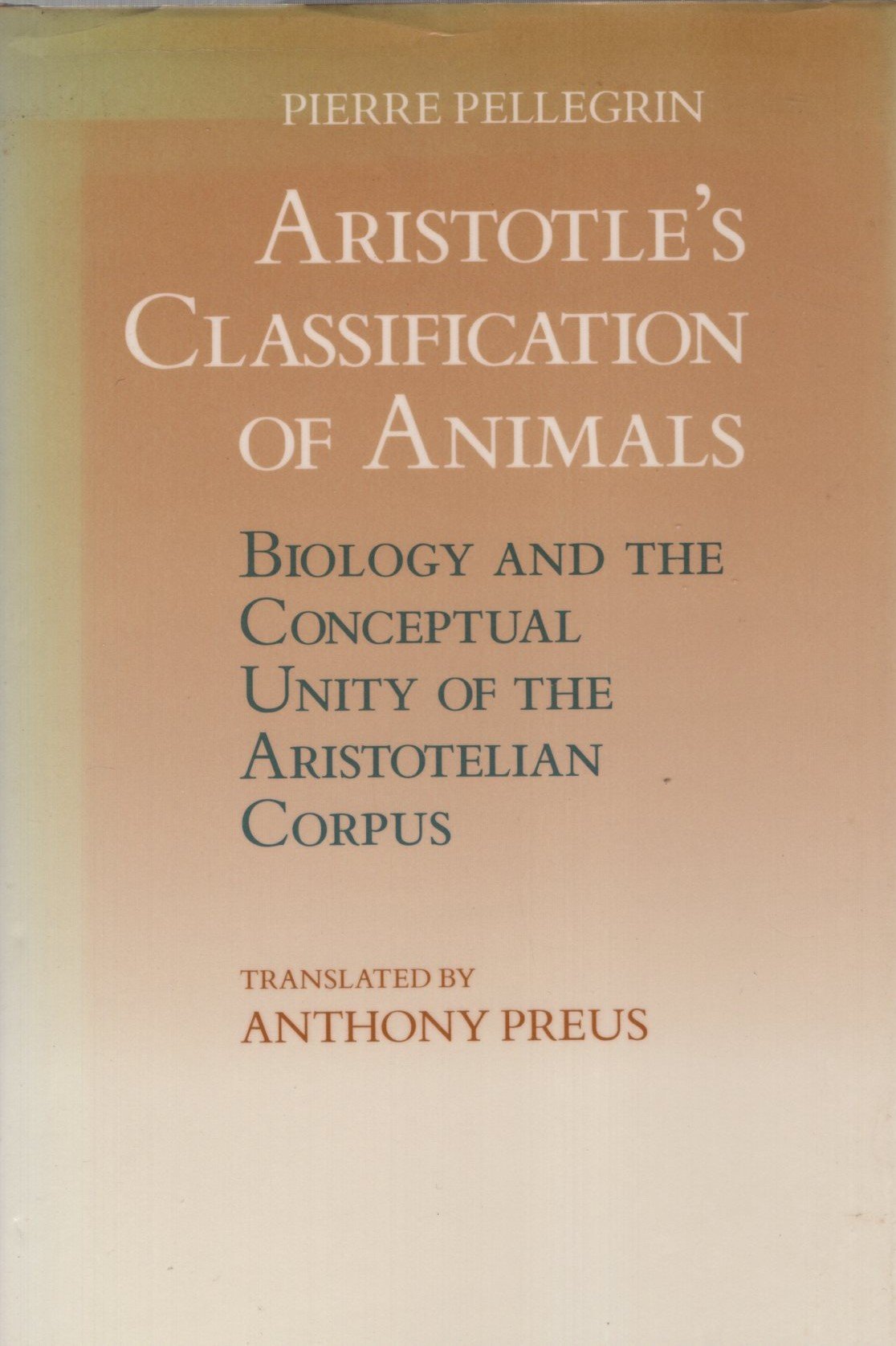A 250 cm line tattooed across the back of 6 poor Cubans living in the slums is a clear sign of exploitative art. Art seems to take cruelty and exploitation beyond the aim to shock reducing it to an expression of neoliberal indifference to the poor. Rather than this Amelia Watts argues a Utilitarian analysis of the art demonstrates that this cruelty is effective at progressing the conversation, concluding that art shouldn’t care about your morals. The art world has a long history of pushing boundaries and challenging societal norms, often using shocking and controversial imagery to provoke audiences and prompt critical thinking. However, justifying cruelty and exploitation solely for the sake of art presents an ethical dilemma that demands examination. Utilitarian ethics, championed by philosophers like John Stuart Mill, propose that actions should maximize overall happiness and pleasure while minimizing suffering. But can this be applied to artists su…
Read the full article which is published on IAI TV (external link)









